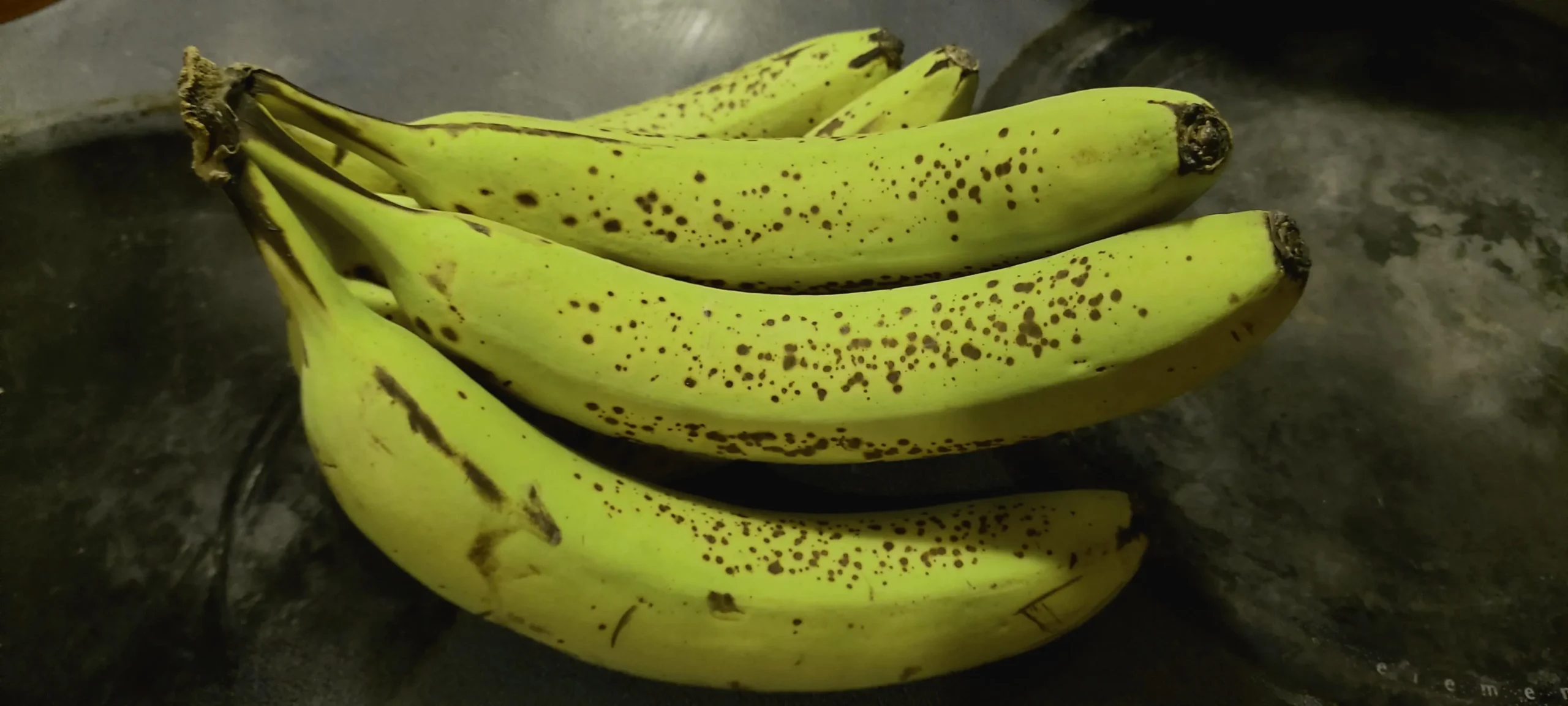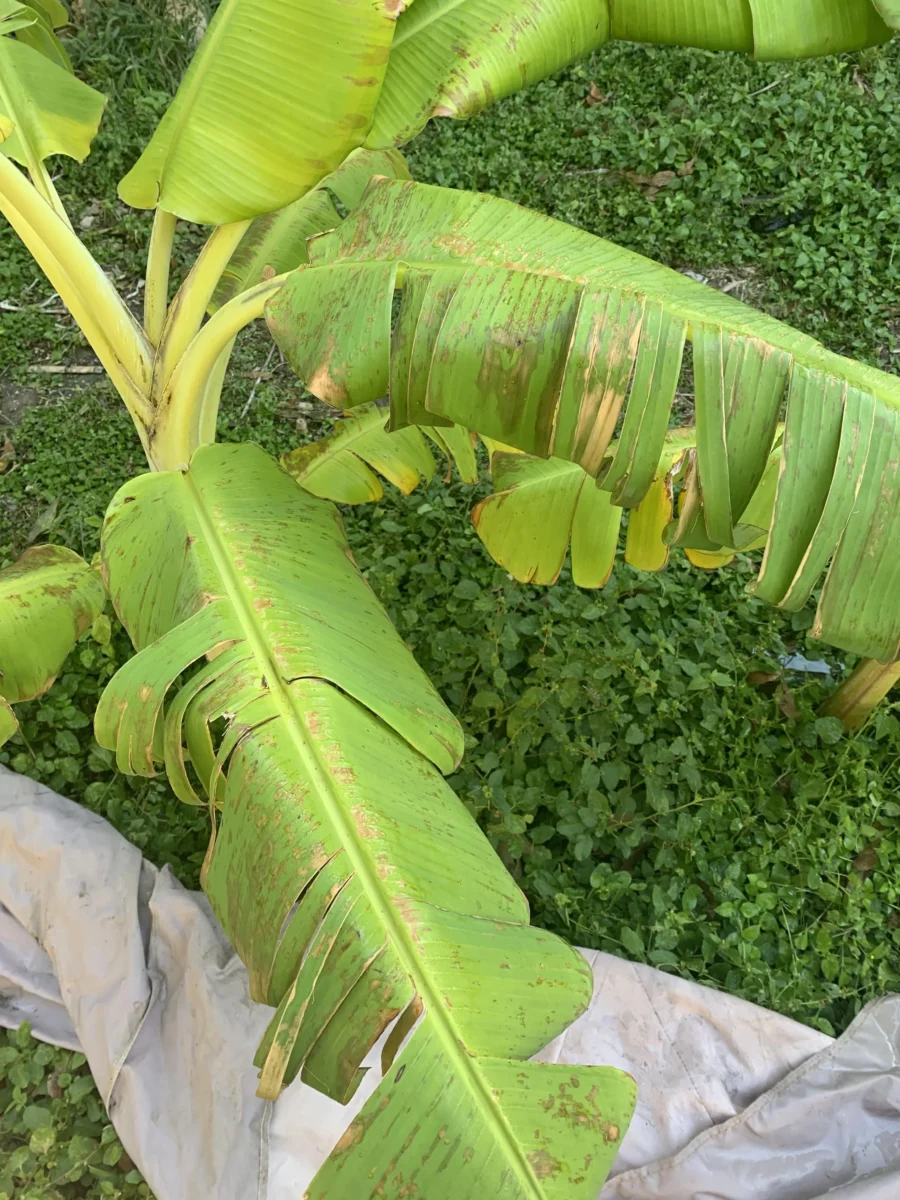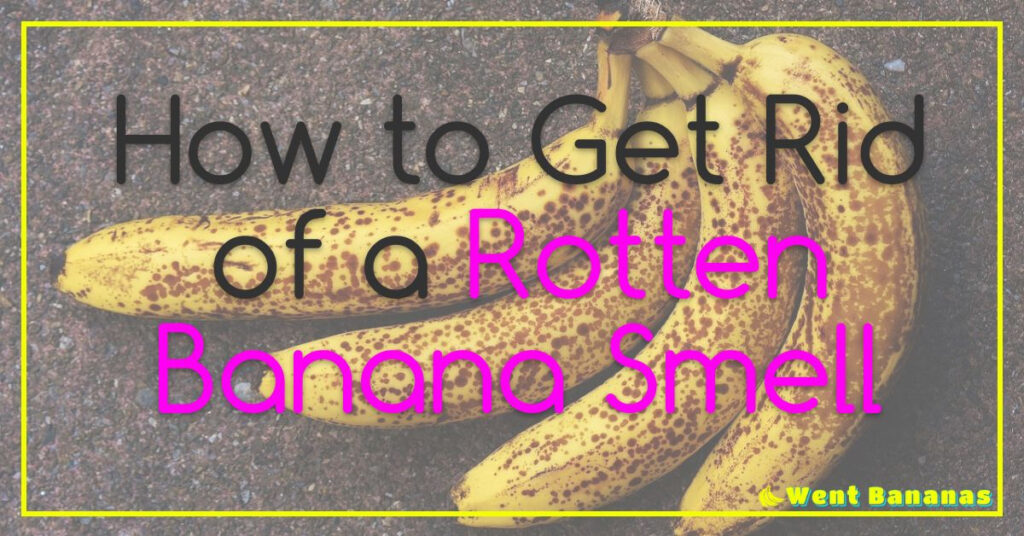Uncovering the Truth: Do Bananas Need Sunlight to Ripen?
Have you ever wondered about the ripening process of bananas? Are you curious to know if they need sunlight to ripen? If so, you`ve come to the right place.

In this article, we’ll delve into the intricacies of banana ripening, including the factors that affect it and the best ways to store them. You`ll learn about the ripening process and whether or not bananas need sunlight to ripen.
If you`re someone who`s intrigued by this fascinating fruit, then keep on reading to find out more!
What is the ripening process for bananas?

Bananas are one of the most common and beloved fruits in the world. However, not many people know about the intricate ripening process that these yellow wonders go through before they end up on our plates.
The ripening process for bananas is a complex and delicate one. It starts when the fruit is still green and hanging from its tree. At this stage, bananas are firm to the touch and starchy in texture, with little to no sweetness.
As time goes by, enzymes within the banana start converting starches into sugars, causing it to soften and sweeten. This process is accelerated by ethylene gas, a plant hormone that triggers ripening in fruits like bananas.
Once exposed to ethylene gas or other sources of heat or light, bananas begin producing their own ethylene gas as part of a self-ripening mechanism. This causes them to turn yellow as their skin thins out and becomes more fragrant.
However, ripe doesn’t always mean perfect when it comes to bananas. Overripe bananas can become too soft and mushy due to excessive sugar breakdown caused by prolonged exposure to ethylene gas or other factors such as bruising or damage during transport.
In conclusion, understanding how bananas ripen can help us appreciate their unique flavor profile while also preventing waste by consuming them at optimal ripeness levels.
Do bananas need sunlight to ripen?
Bananas, like most fruits, need sunlight to ripen. Sunlight plays a crucial role in the ripening process of bananas as it triggers the production of ethylene gas. This gas is responsible for converting starches into sugars and softening the fruit’s flesh. Therefore, if bananas are not exposed to adequate sunlight during their growth and development stages, they may not fully ripen.
However, once harvested, bananas can continue to ripen without sunlight due to the presence of natural ethylene gas within the fruit itself. This is why you can purchase unripe green bananas from the grocery store and leave them on your kitchen counter for a few days until they turn yellow and become sweeter.
It’s also worth noting that while sunlight is essential for banana growth and ripening, too much direct exposure can actually be harmful. Overexposure to direct sunlight can cause sunburn on the banana skin or even lead to premature spoilage.
In summary, while bananas do require sunlight during their growth stage for optimal ripening potential, once harvested they can continue to mature without additional exposure. However, it’s important to ensure that your ripe bananas are not overexposed to direct sunlight in order to avoid any negative effects on their quality or longevity.
Factors that affect the ripening process of bananas.

Bananas are a popular fruit enjoyed by millions of people around the world. However, many may not realize that there are several factors that can affect the ripening process of bananas.
One major factor is temperature. Bananas ripen best in warm temperatures between 60 and 70 degrees Fahrenheit. If they are exposed to colder temperatures, their ripening process will slow down or even stop altogether.
Another factor is humidity. Bananas need a certain level of humidity to ripen properly, but too much moisture can cause them to spoil quickly. It’s important to store bananas in a well-ventilated area with moderate humidity levels.
The amount of ethylene gas present also plays a role in banana ripening. Ethylene is a natural hormone produced by fruits as they mature and it speeds up the ripening process. For this reason, it’s common practice to place unripe bananas in a paper bag with an apple or other ripe fruit which releases ethylene gas.
Finally, handling and storage can also impact banana ripeness. Bananas should be handled gently as bruises or damage can speed up their spoilage rate and prevent proper maturation.
Understanding these factors can help individuals optimize their banana storage and ensure they have perfectly ripe fruit every time they enjoy this delicious snack!

The best way to store bananas is to help them ripen.
Bananas are a delicious and nutritious fruit, but they can be tricky to store properly to ensure they ripen correctly. The best way to store bananas is to keep them at room temperature, away from direct sunlight and heat sources.
But did you know that the position in which you store your bananas can also affect their ripening process? It’s true! By hanging your bananas upside down, you can actually slow down the ripening process and extend their shelf life.
Another tip for storing bananas is to separate them from other fruits. Bananas produce a lot of ethylene gas as they ripen, which can cause other fruits nearby to spoil more quickly. Keeping your bananas in a separate area will help them ripen at their own pace without affecting other fruits.
Lastly, if you have ripe or overripe bananas that you want to keep for later use, consider freezing them. Simply peel the banana and place it in a ziplock bag before placing it in the freezer. Frozen bananas are perfect for smoothies or baking recipes!
By following these simple tips for storing bananas, you’ll be able to enjoy perfectly ripe and delicious fruit every time.
Check out our other articles to find out even more about banana.
In conclusion, the ripening process for bananas is a complex one. Bananas need to be exposed to natural light in order to properly ripe and there are several other factors that can impact this process as well. Knowing how best store bananas, such as keeping them away from direct sunlight, will help you get the most out of your fruit! If you’re looking for more information about how bananas grow and ripen, make sure to check out our other articles on the topic!










